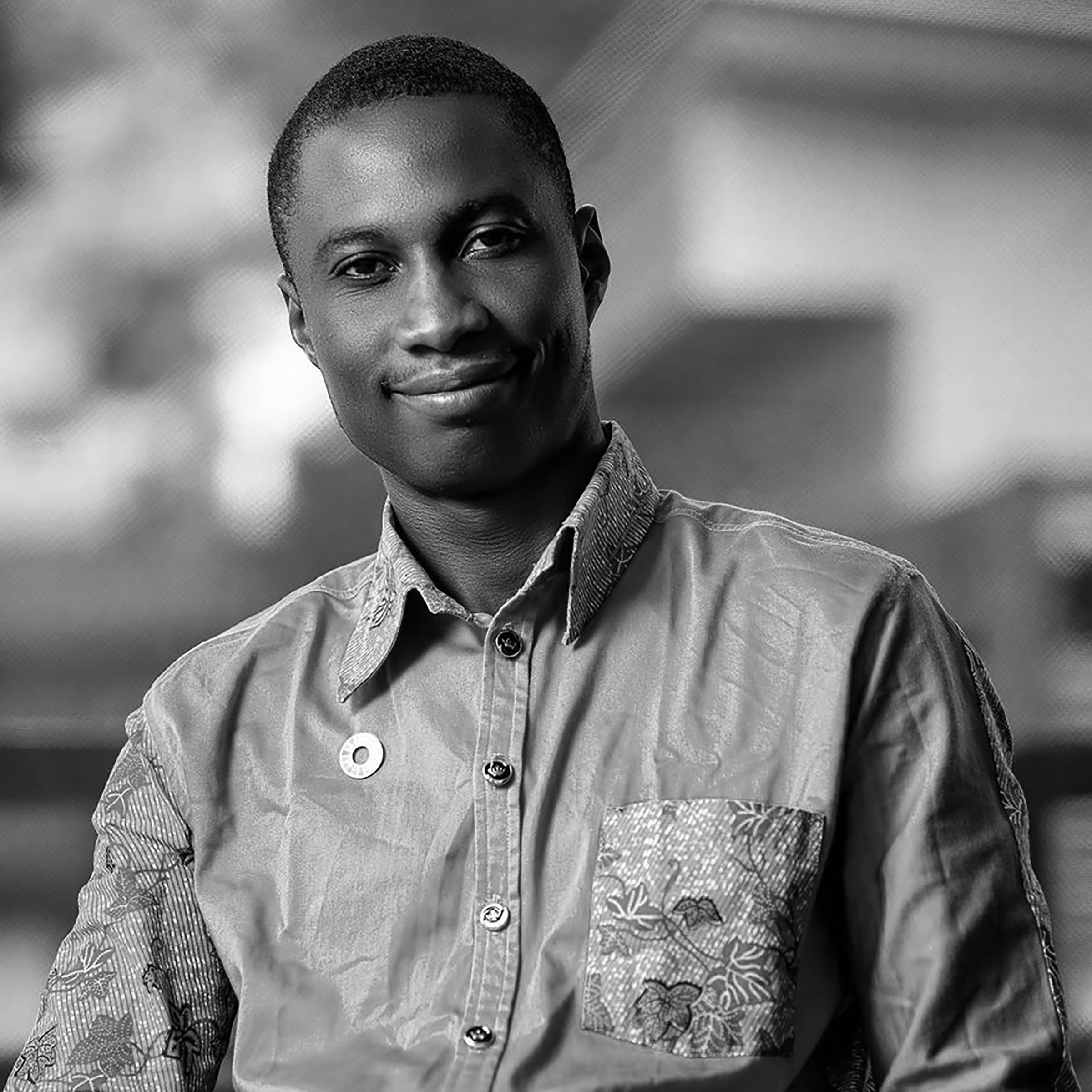
Coal is one of the dirtiest energy sources in use, and coal plants still generate 38% of the world’s electricity. One strategy is to stop them from getting built in the first place, and Ghanaian activist Chibeze Ezekiel has had some success there. In 2013, he’d just returned from a climate conference in Istanbul when he learned Ghana’s government had started discussing a proposal to build a large coal power plant, the country’s first.
His organization, 350 Ghana Reducing Our Carbon, began visiting the communities where the proposed plant would be built, educating villagers about the potential effects on local rivers, air quality and groundwater supply, and the consequences for their health. They also told locals about the declining costs of renewable energy. “We were not just saying no to coal; we were offering an alternative,” Ezekiel says.
By the time the government pitched the proposal to the local community in 2015, they were prepared to challenge official assertions. Ezekiel calls it his “submarine approach.” “We came out of nowhere to bombard them from all angles—social media, press conferences, community forums.” And it worked. On Oct. 10, 2016, Ghana’s Environmental Minister announced that the coal plant would not be built. Less than a year later the nation’s President said that all new power projects would use renewable energy only. Ezekiel is especially proud of that. “If we had allowed a coal plant to be established in 2015, I am sure there would have been more.”
Read More of TIME’s COP26 Coverage: Meet the People Working to Accomplish the COP26 Agenda
More Must-Reads From TIME
- The 100 Most Influential People of 2024
- Coco Gauff Is Playing for Herself Now
- Scenes From Pro-Palestinian Encampments Across U.S. Universities
- 6 Compliments That Land Every Time
- If You're Dating Right Now , You're Brave: Column
- The AI That Could Heal a Divided Internet
- Fallout Is a Brilliant Model for the Future of Video Game Adaptations
- Want Weekly Recs on What to Watch, Read, and More? Sign Up for Worth Your Time
Contact us at letters@time.com